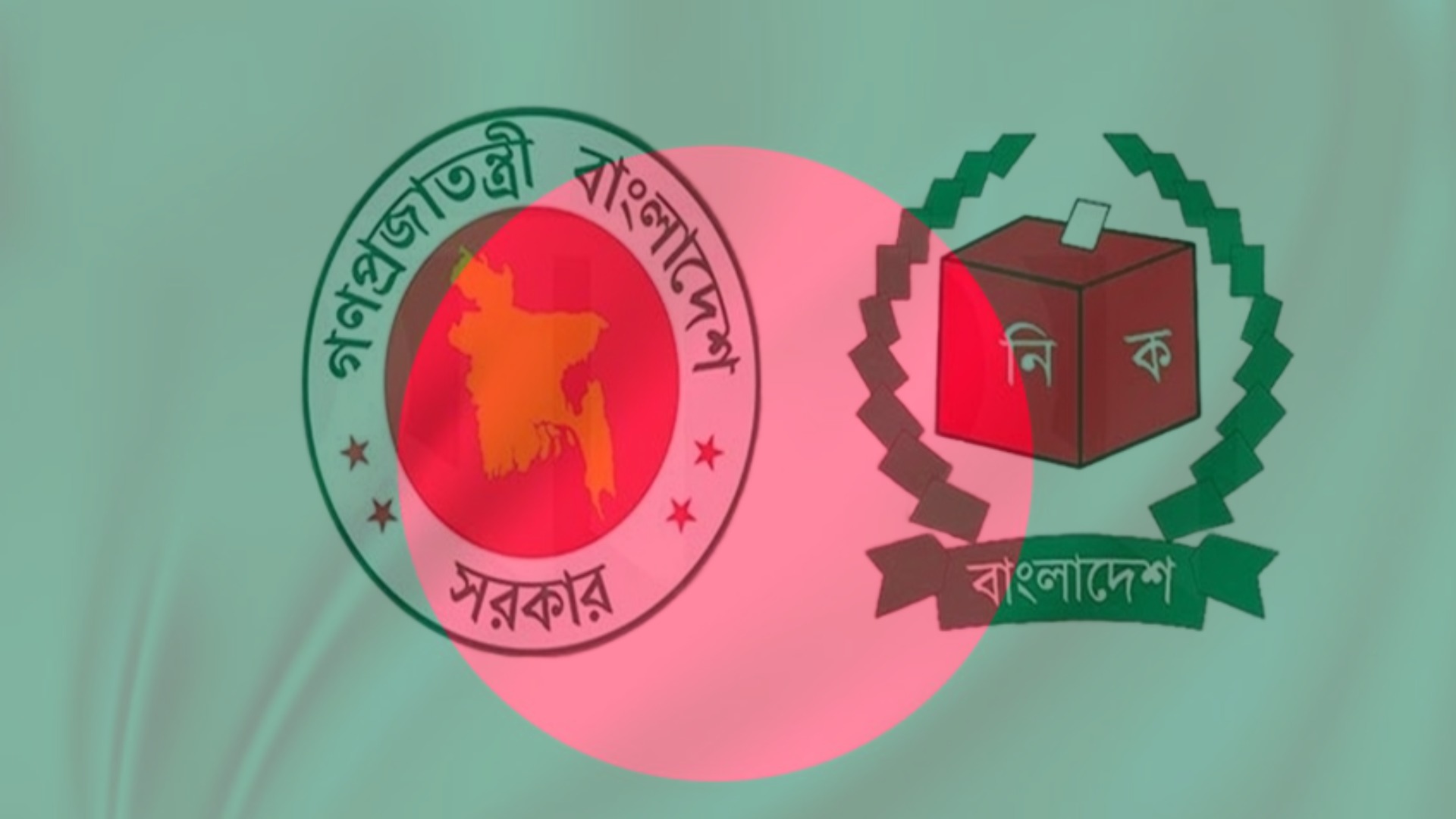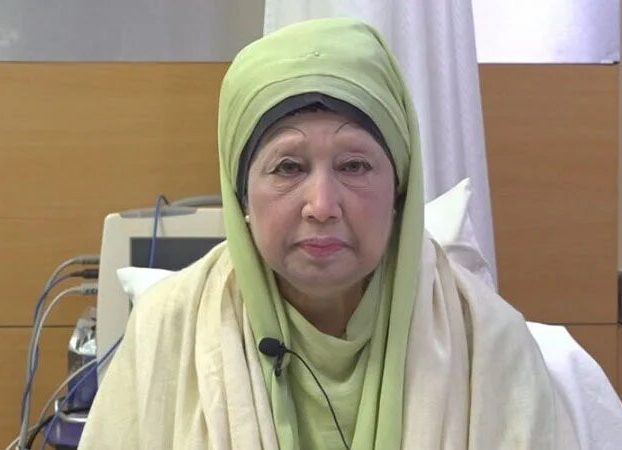Bangladesh has long faced political instability, particularly during periods of transition and election cycles. The country, though making strides in economic development, continues to be plagued by tensions between its two main political parties—the Awami League and the Bangladesh Nationalist Party (BNP). As Bangladesh gears up for its next general election in 2024, the political situation has intensified, marked by the recent downfall of Prime Minister Sheikh Hasina, who led the country for over a decade.
Hasina’s downfall in August 2024, following years of allegations of authoritarianism, suppression of dissent, and electoral manipulation, has brought about a wave of changes in Bangladesh’s political landscape. An interim government, led by Nobel Laureate Dr. Muhammad Yunus, has taken over, attempting to stabilize the political environment and ensure free and fair elections. This article delves into the factors leading to Sheikh Hasina’s ousting, the role of the interim government, the current political environment, and the possible impacts on Bangladesh’s future.
Sheikh Hasina’s Rule and the Path to Downfall
Sheikh Hasina’s political journey is marked by her long-standing leadership in the Awami League and her three consecutive terms as Prime Minister, from 2009 to 2023. Under her administration, Bangladesh saw significant economic growth, massive infrastructure projects such as the Padma Bridge, and improvements in healthcare and education. However, her tenure was also marred by increasing accusations of authoritarianism, corruption, and electoral manipulation. Critics accused her of systematically eroding democratic institutions, stifling dissent, and using security forces to suppress opposition movements.
1. Erosion of Democratic Norms
Hasina’s government was accused of centralizing power, weakening the independence of the judiciary, and curbing media freedom through laws such as the Digital Security Act. This law, which was intended to combat cybercrime, became a tool to suppress journalists, bloggers, and activists critical of the government. Numerous journalists were arrested, and many media outlets were shut down for publishing reports that criticized the government.
2. Controversial Elections
Hasina’s government faced widespread allegations of electoral manipulation. The 2018 national elections, in particular, were marred by accusations of vote rigging and intimidation of opposition candidates. The Election Commission was accused of being heavily biased in favor of the ruling Awami League, and there were reports of ballot box stuffing, voter intimidation, and violence at polling stations. These allegations led to a growing lack of trust in the democratic process among the public and exacerbated the political crisis.
3. Mass Protests and Economic Challenges
Despite economic growth during Hasina’s rule, rising inequality, inflation, and allegations of widespread corruption triggered public dissatisfaction. Protests demanding her resignation grew, especially among students, workers, and the middle class. By mid-2024, the situation had escalated into mass protests across the country, with calls for Hasina to step down. The government’s response was heavy-handed, with police crackdowns leading to injuries and deaths among protesters.
The Fall of Sheikh Hasina and the Rise of the Interim Government
Amidst this political turmoil, Hasina was eventually forced to resign in August 2024 after weeks of mounting pressure from the public, opposition parties, and sections of the international community. Her decision to step down marked the end of nearly 16 years of continuous rule by the Awami League, a party once seen as synonymous with Bangladesh’s liberation movement but which had grown increasingly unpopular due to Hasina’s policies.
1. Formation of the Interim Government
Following Hasina’s resignation, an interim government was swiftly installed, led by Dr. Muhammad Yunus, a respected figure internationally and the founder of Grameen Bank. Yunus, who previously had a tense relationship with Hasina, was seen as a neutral figure capable of guiding the country through a politically turbulent period. His appointment as head of the interim administration was welcomed by both the BNP and civil society organizations, who hoped for a transparent and democratic election process.
The interim government’s immediate priority was to restore order, ensure the rule of law, and prepare for free and fair elections. A series of reforms were initiated, including efforts to overhaul the Election Commission to make it more independent and trustworthy. The interim government also moved to address human rights concerns, lifting many of the restrictions imposed on the media, and releasing political prisoners.
2. Challenges Facing the Interim Government
Despite the widespread support for the interim government, it faces significant challenges. Political instability remains a serious concern, with factions loyal to the Awami League staging protests against Hasina’s ousting. These loyalists argue that the Awami League had been unfairly targeted by a coalition of opposition forces and international actors.
Another challenge is maintaining economic stability. Although the interim government has promised to focus on addressing inflation, job creation, and improving living conditions, the economic damage caused by years of political instability cannot be reversed overnight. Foreign investors are wary of the volatile political situation, which could have long-term effects on Bangladesh’s growth trajectory.
The 2024 Elections: What Lies Ahead
As Bangladesh prepares for the 2024 national elections, there are several key factors that will shape the outcome of the vote and the country’s political future.
1. Electoral Reforms and Voter Confidence
A major task of the interim government is to restore public confidence in the electoral process. To this end, it has begun implementing a series of electoral reforms aimed at ensuring a free and fair election. These include the deployment of independent international election observers, changes to the voter registration system, and measures to prevent electoral violence. The Election Commission is being restructured to ensure that it operates independently of political influence.
Restoring trust in the democratic process will be crucial for ensuring voter turnout and preventing further political unrest. Voter apathy remains high in Bangladesh, as many citizens are disillusioned by decades of electoral fraud and political violence.
2. The Role of Political Parties
The Awami League is now in disarray following Hasina’s resignation, and its future is uncertain. The party has been a dominant force in Bangladeshi politics for decades, but it must now rebuild its reputation and leadership in the face of public anger and internal divisions. Several prominent leaders within the party have called for reforms and a new direction to distance themselves from Hasina’s controversial legacy.
The Bangladesh Nationalist Party (BNP), led by Khaleda Zia, sees the upcoming elections as an opportunity to regain power after years of political marginalization. The BNP has capitalized on the public’s dissatisfaction with the Awami League and Hasina’s authoritarian style of governance. The party has been rallying support through mass protests and promises to restore democratic norms, but it too faces challenges, including internal disagreements and a leadership crisis due to Khaleda Zia’s health and legal troubles.
3. Rising Influence of Third Parties
Several smaller parties and independent candidates are also expected to play an important role in the 2024 elections. Islamist groups, which have gained significant influence in recent years, may emerge as potential kingmakers in a fragmented political landscape. Similarly, new youth-driven political movements, born out of protests against Hasina’s government, could have a significant impact, particularly among young voters who make up a large portion of the electorate.
Potential Impacts of the Election on Bangladesh’s Future
The upcoming election and the political transition that follows will have profound implications for Bangladesh’s political, economic, and social landscape.
1. Political Stability and Governance
If the elections are perceived as free and fair, they could mark the beginning of a new era of political stability in Bangladesh. A peaceful transition of power and the strengthening of democratic institutions will be essential for long-term stability. However, if the election is marred by violence or allegations of fraud, it could plunge the country back into political chaos, further damaging its democratic foundations.
2. Economic Prospects
Bangladesh’s economy, while resilient, is at a critical juncture. Political stability is necessary to attract foreign investment and maintain economic growth. The textile industry, which is the backbone of the economy, has already been impacted by strikes and protests. The new government will need to prioritize economic reforms, job creation, and addressing income inequality to ensure sustainable development.
3. Human Rights and Media Freedom
The interim government’s early moves to lift restrictions on media and release political prisoners have been positive steps towards restoring human rights in Bangladesh. However, the long-term protection of human rights and freedom of expression will depend on the outcome of the election and the actions of the newly elected government.
The political instability that has plagued Bangladesh for decades has reached a critical point with the downfall of Sheikh Hasina and the appointment of an interim government. As the country moves towards the 2024 elections, there is hope that this election could mark a turning point for Bangladesh’s democratic future. However, significant challenges remain, including restoring public trust in the electoral process, maintaining political stability, and addressing the economic and social issues that have been exacerbated by years of unrest.
The outcome of the 2024 election will not only shape Bangladesh’s political landscape but also determine its trajectory as a growing economy and developing democracy. Whether the country can move beyond its history of political violence and authoritarianism to embrace a more democratic and stable future will depend largely on the actions of its political leaders and the will of its people.

 A.B.M. Abir
A.B.M. Abir 



















